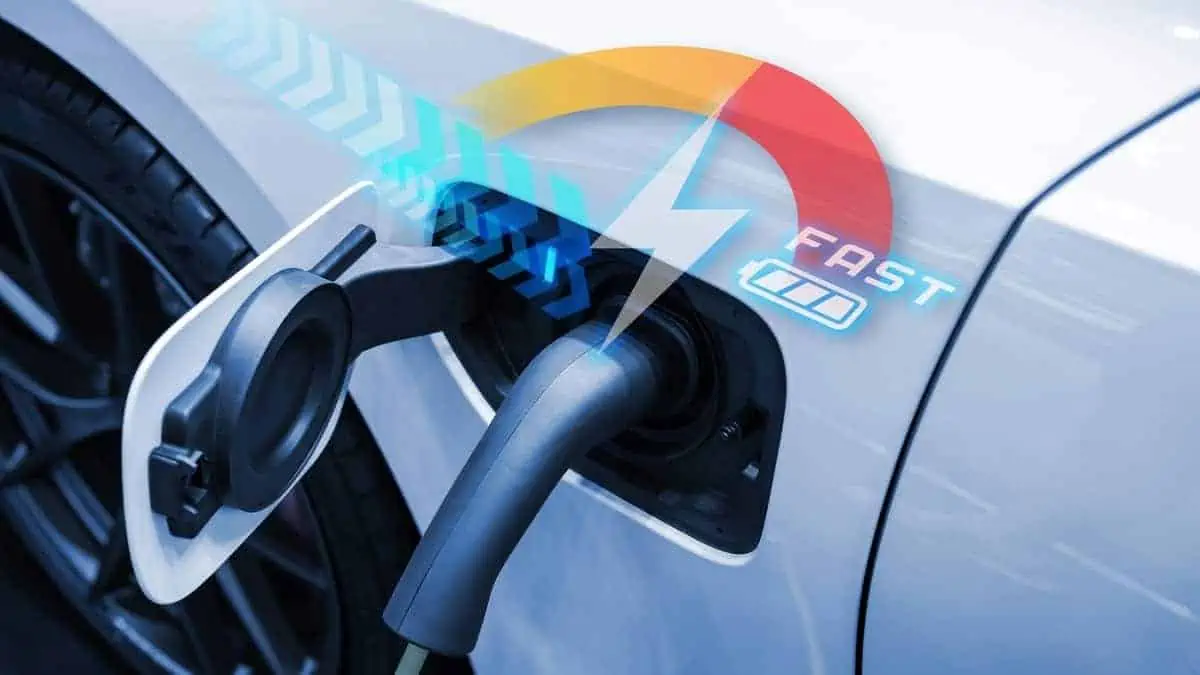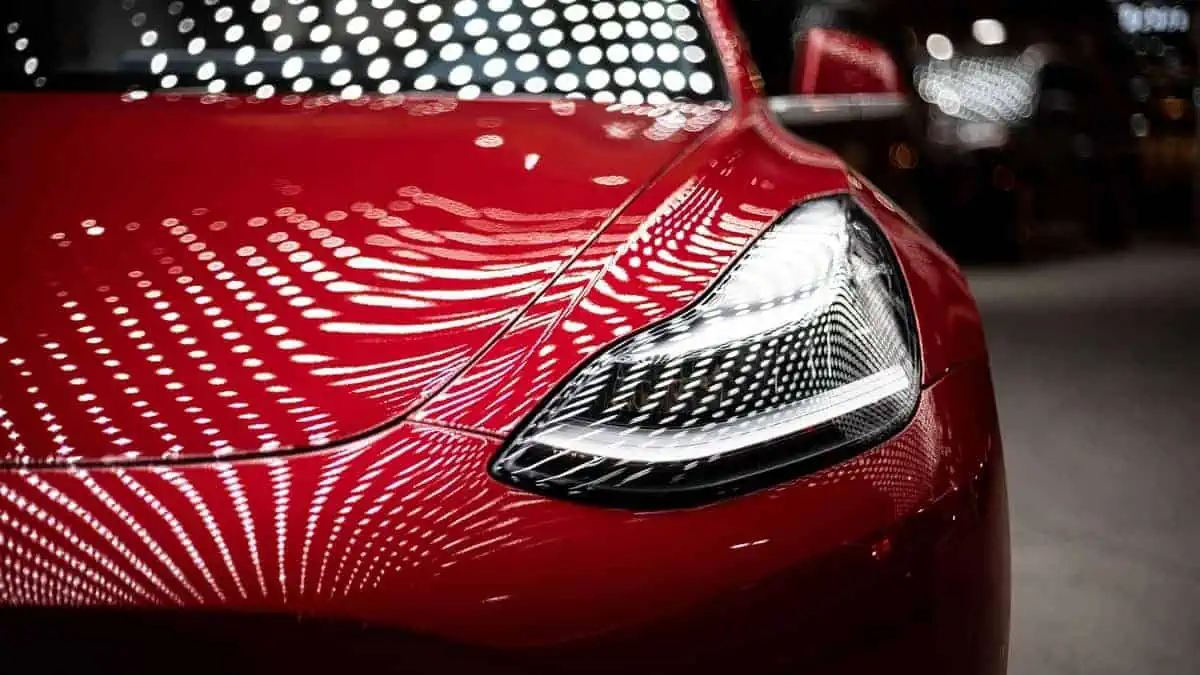The Government of Delhi is planning to implement a new electric vehicle policy with a significant focus on charging infrastructure expansion, two-wheeler EVs, and a more enticing purchase incentives program.
Apart from that, it will also focus on newer market segments like light and medium-duty trucks, carriers for intra-city functions, and school buses.
Notably, the move is necessary as the national capital’s 2020 EV policy already expired on August 8. The government decided to extend its implementation until a new policy arrived.
EV policy details
The electric vehicle policy of the Delhi Government initially took effect in 2020. The national capital expects it to aid its efforts in cutting CO2 emissions in the transportation sector.
It also aims to promote the shift to battery electric vehicles by educating people regarding its advantages.
The policy offers varying subsidies for electric vehicles per battery capacity, except for three-wheelers. Refer to the table below:
| Electric Vehicles | Subsidy |
| Two-wheelers | ₹5,000 |
| Three-wheelers | ₹30,000 |
| Four- wheelers | ₹10,000 |
Electrification targets
Transport Commissioner Ashish Kundra declared Monday at the International Council on Clean Transportation (ICCT) summit that Delhi aims to electrify 80% (8,000 units) of its bus fleet by 2025.
In the same year, the government is also targeting 100% electrification in its delivery service fleet and government official fleet.
The new policy will undoubtedly aid the government in achieving these targets. Expanding the charging infrastructure can attract more customers to consider the shift without worrying about range limits.
“Through our collaborative endeavors, we are setting the stage for transformative dialogues, nurturing sustainability, and cultivating innovative strategies that will chart India’s path toward decarbonization.”
Amit Bhatt, ICCT India MD
Progress
Delhi managed to install 4,000 charging stalls since the 2020 EV Policy’s implementation, HT Auto reported. Moreover, the government has also acquired 300 electric-powered buses that are already active. The other 1,500 e-buses will arrive by the end of 2023.
These significant advancements do not only accelerate the city’s EV uptake. It also aids the national government in achieving its electrification targets and carbon neutrality goals.
As EV-a2z previously reported, the Indian EV industry grew by a whopping 120% in the second quarter of 2023. The surge in EV sales was primarily driven by hybrid models, which enjoyed a 400% sales growth in the same period.
See Also:
- Battery-swapping industry continues to expand but lacks necessary support from the Indian Government
- Indian EV industry enjoys 120% growth thanks to hybrids’ 400% sale increase in Q2 2O23
- Tesla and Indian government negotiations continue to progress
- Tesla executives met with an Indian investment agency for market entry negotiation
- Indian EV market advances with 700,000+ units sold in H1 2023
The Indian EV industry is set to bloom further in the coming months, considering the imminent implementation of a new policy. Apart from that, the world’s most valuable automaker, Tesla, may also soon penetrate the domestic market once negotiations end.






